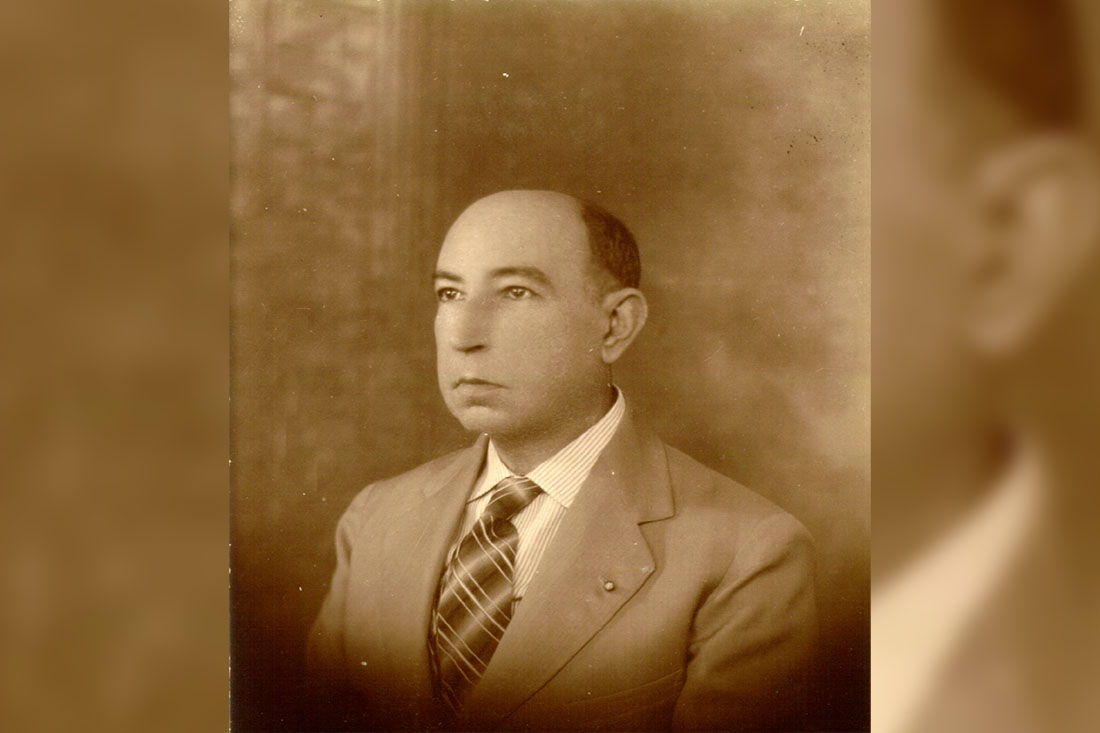The historiographical tradition of Camagüey dates back to the first scribes who, since the 16th century, were sending chronicles and other matters to the Crown, —more or less true—, of everything that happened during the process of conquest and military occupation of largest of the Caribbean islands. In the long historical duration, such production of information favored that tradition for the historical narrative, giving rise to new chroniclers, who without academy and without more science, reinforced the love for Camagüey. City Historian Jorge Juárez Cano deserves to be on that list.
Camagüey in the center
Like the vast majority of his predecessors, the public official and attorney was obsessed with the “total history” of the rich native region in which his surname seemed to have roots since the very sixteenth century, coming from one of the first men from the kingdom turned into a neighbor of the town of Puerto Príncipe, Don Pedro de Xuárez.
Our historian was subjugated with the history of the native land that so many papers kept in families of the old patrician families and in the archives of the town hall. It was precisely the his argument the gestation of the town, as in other previous chroniclers; the aboriginal presence and its rebellions, the successive transfers of the “ghost council” until its companions settled in the space taken from the Hatibonico and Tínima Indians between the rivers and the new town expands.
Not a single piece of the information contained in his book Apuntes del Camagüey in its first volume, edited in 1929, refers to historiographical sources in order to contrast and verify the origin of his data. The same limitation noted in the texts published a century ago by the historians Don Pedro Mártir de Anglería, Don Gonzalo Fernández de Oviedo and Don Antonio de Herrera; and locals Matías Boza Bergara, Lic. Tomás Pío Betancourt and Juan Torres Lasqueti, notwithstanding the latter having relied on minutes from the town hall and other documents of great value written in the first colonial centuries.
Juárez Cano’s text rediscovered for us the burden of the historical heritage of multiple cultural visions and imaginaries of those first chroniclers and testimonies in which legends, disturbing stories of pirate raids, structuring spaces and heritage constructions converted into urban landmarks appear, the War of Independence with its plethora of useful and worthy men and women…, everything and more as if it were the resurgence of the Renaissance. Of course, Juárez did not stop there, he ventured into the first of our wars in 1868, due to the “Tregua Fecunda”, and carried the writing of it until the end of the War of Independence of 1895.
What should not be wasted from the historian
Almost entirety, the work of this forerunner of our historiography in the early years of the 20th century should not be wasted. It is inscribed in the origins of our cultural tradition and in the regional historiographical production. It has been far surpassed, and not just by local historians.
All in all, that intellectual beginning has been valid to evaluate with the current lights of knowledge and from historiographical science, —it would be said more, from interdisciplinarity—, those «passionate testimonies», the rewritings of history, the lack of the true craft of the history, the «romantic history», the «longing for the past», the «apologetic history», and the alleged «history of the Creole homeland» and of a kind of narration of facts and not of the search for their explanation.
At the time when the historian published his Notes… the Cuban intelligentsia had two options ahead: lose the country’s political direction or forcefully defend all the rich historical heritage and traditions of past struggles and thus better confront the surrender government to the Americans. Despite defects that are foisted on the text, among others that the corpus has, as a whole something should have been taken advantage of by the most enlightened mentalities of that period to do something practical in order not to lose the homeland-nation. That seems to be one of the invisible objectives of the book, to arouse interest in history to better defend it.
Translated by: Aileen Álvarez García






